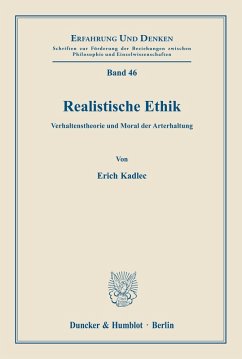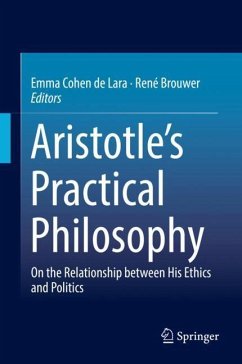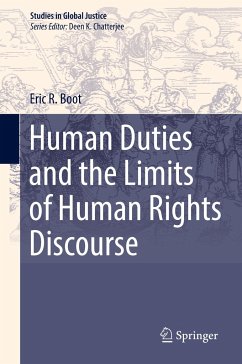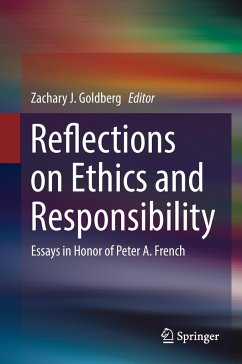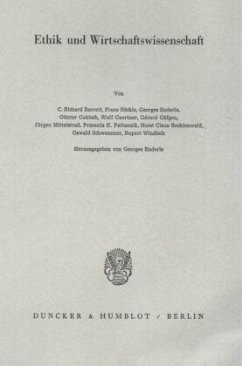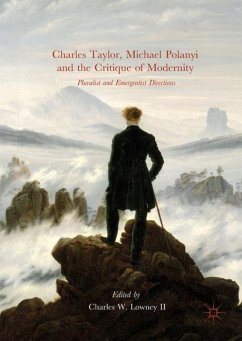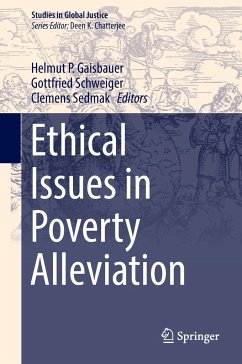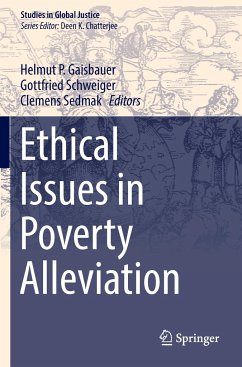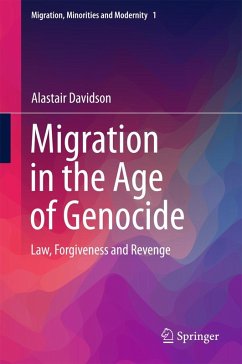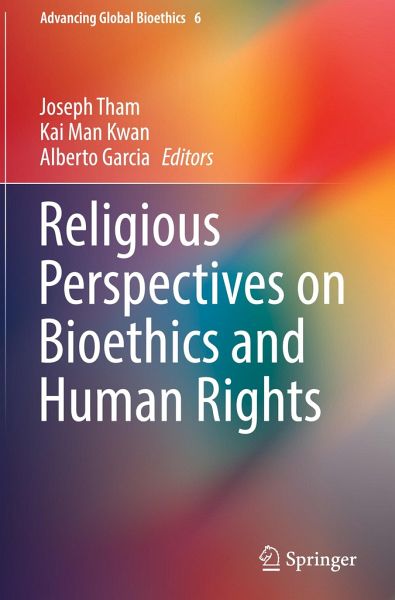
Religious Perspectives on Bioethics and Human Rights

PAYBACK Punkte
42 °P sammeln!
This book deals with the thorny issue of human rights in different cultures and religions, especially in the light of bioethical issues. In this book, experts from Christianity, Judaism, Islam, Buddhism, Daoism, Hinduism and Confucianism discuss the tension between their religious traditions and the claim of universality of human rights. The East-West contrast is particularly evident with regards to human rights. Some writers find the human rights language too individualistic and it is foreign to major religions where the self does not exist in isolation, but is normally immersed in a web of r...
This book deals with the thorny issue of human rights in different cultures and religions, especially in the light of bioethical issues. In this book, experts from Christianity, Judaism, Islam, Buddhism, Daoism, Hinduism and Confucianism discuss the tension between their religious traditions and the claim of universality of human rights. The East-West contrast is particularly evident with regards to human rights. Some writers find the human rights language too individualistic and it is foreign to major religions where the self does not exist in isolation, but is normally immersed in a web of relations and duties towards family, friends, religion community, and society. Is the human rights discourse a predominantly Western liberal ideal, which in bioethics is translated to mean autonomy and free choice? In today's democratic societies, laws have been drafted to protect individuals and communities against slavery, discrimination, torture or genocide. Yet, it appears unclear atwhatmoment universal rights supersede respect for cultural diversity and pluralism. This collection of articles demonstrates a rich spectrum of positions among different religions, as they confront the ever more pressing issues of bioethics and human rights in the modern world. This book is intended for those interested in the contemporary debates on religious ethics, human rights, bioethics, cultural diversity and multiculturalism.




